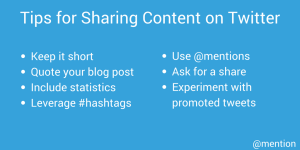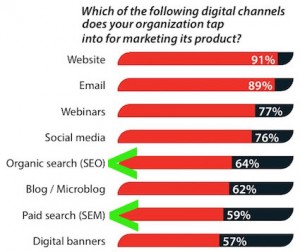Might as well get this “ugly” topic out in the open for discussion. It’s amazing that we seldom talk about them, explicitly, or that we try to “mask” them through all sorts of manipulation, or that we try to avoid them. But topics like tension, change, conflict, persuasion, convincing are natural elements of business and selling. Yet there is so much negativity attached to these words.
But when we talk about change, within our organizations and with our customers, we are talking about new ideas, opportunities, and different approaches. The nature of exploring these will always involve differing opinions, points of view, motivations, goals–and some will be firmly held.
But if we are to change and grow, we have to learn how to manage–even become comfortable with–tension, conflict, even confrontation. We have to recognize that we and those we are working with may be uncomfortable with these. They may trigger negative reactions–which inevitably creates more conflict.
Yet if we are to align, if we are to move forward, if we are to change, we cannot avoid these things. Though we may try to, or we may ignore them, or we may try to manipulate our way around them—doing so doesn’t eliminate the fact that these exist.
How do we deal with these issues more productively? How do we help our colleagues and customers deal with these? How to we harness tension and conflict to learn and move forward in new directions?
Some thoughts:
- Too often, we take it, or make it personal. It becomes about a person and who they are, not differences in ideas and points of view. We can never make these differences about an individuals. We should not interpret disagreement as being attacks about who we are, but rather look at them as differences in ideas and points of view.
- Once we take the “person” out of the differing views, we have to listen and learn. We have to understand what the other person is saying, what they mean, why they have the position they have, what they are trying to achieve. Too often, we fail to listen without an agenda. Instead we listen, trying to find points we can leverage to defend our own point of view, rather than listening openly to understand what the other person is saying.
- Too often, we get defensive when we hear points of view that are very different. We tend to stop listening, stop probing, stop learning and getting more information to better understand. Our reaction is to start to defend our point of view and prove the other person wrong. We need to reduce our tendency to prove someone wrong, looking to learn.
- We need others to listen to our point of view. If people (including us) aren’t open to rethinking, if they aren’t open to considering something different, then they will never consider change. So our biggest challenge is less around convincing them to agree with us, but to help them open up to rethinking. Until we all achieve this, we are stuck, we will not change–though it may be critical.
- As we defuse the situation, making sure everyone understands it’s not about the person, but rather the ideas. We need to make sure everyone understands the issue is not about proving someone “right or wrong,” but rather shared learning and discovery.
- We have to be prepared to change our position. Usually in cases of conflict, neither position is really right (otherwise we wouldn’t have such intense disagreement). The better solution is probably something different from those held by each person.
- Our intention impacts everything. If we are purely focused on our own gain, we set up conditions that make it impossible for others to achieve their objectives. Rather than managing tension and conflict, we create more; and we build barriers to resolving these issues. (Stated differently, genuine win-win-win, is critical).
- We have to confront differences head on and openly. There will be differences, that’s the nature of change. But avoiding them, manipulating them, ignoring them doesn’t make them go away. They are still there, we just haven’t addressed them. It’s this failure to address them that prevent us from changing–we end in “no decision made.” Or if we do force a change, it will fail, because those tensions and differences are still there.
- When we are able to confront these things openly, we recognize by doing so we are growing, learning, changing, and improving.
I’m amazed about the amount of time we spend trying to avoid these issues. I’m amazed how we try to invent new approaches/manipulations than enable us to gloss over fundamental differences. I’m amazed at how much time we invest in “correctness,” rather than recognizing the realities around change and dealing with them straight forwardly.
Tension and conflict are a part of great change. As leaders, we have to learn how to manage these positively, so we learn, grown and make progress. As sales people, it’s our job to manage these and help our customers move forward and succeed in their change efforts.
Business & Finance Articles on Business 2 Community
(44)






